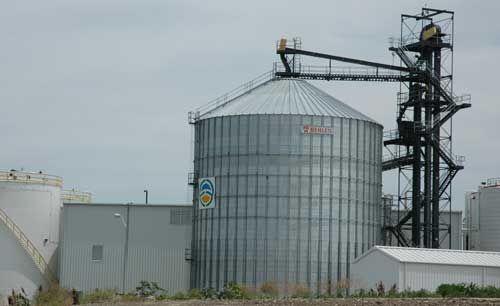A last-minute push by renewable fuel makers, ahead of an Environmental Protection Agency deadline to announce its final 3-year Renewable Fuel Standard total, has failed to persuade it to increase its totals. The Clean Fuels Alliance America recently expressed “extreme disappointment” with the EPA’s final Renewable Fuel Standards for 2023, 2024 and 2025.
EPA’s Public Data for the Renewable Fuel Standard shows that qualifying biomass-based diesel production increased by more than 30%—or 400 million gallons—in the first five months of 2023, compared to the same period in 2022. The Energy Information Administration’s Short Term Energy Outlook for June 2023 projects increases in United States production of biodiesel and renewable diesel of more than 800 million gallons in 2023 and 900 million gallons in 2024.
In the final rule, EPA increases RFS volumes for these fuels by only 590 million gallons over the three-year period: 60 million gallons in 2023, 220 million gallons in 2024, and 310 million gallons in 2025.
Clean Fuels Alliance America called those “moderate” increases that did not increase the overall renewable fuel market. “EPA failed to change biomass-based diesel volumes for 2023,” the group said, despite the rapid increase in U.S. production of biodiesel, renewable diesel and sustainable aviation fuel during the first months of the year.
“EPA is undercutting the certainty that our industry hoped for from a three-year RFS rule,” said Kurt Kovarik, vice president of federal affairs with Clean Fuels. “U.S. clean fuel producers, oilseed processors, fuel distributors and marketers have all made significant investments to grow the industry rapidly over the next several years. The industry responded to signals from the Biden administration and Congress aiming to rapidly decarbonize U.S. fuel markets, particularly aviation, marine, and heavy-duty transport, and make clean fuels available to more consumers. The volumes EPA finalized today are not high enough to support those goals.”
“Clean Fuels appreciates the bipartisan support of representatives, senators and governors who asked EPA to ensure that final volumes supported achievable, aggressive growth of advanced biofuel volumes,” Kovarik added. “It is a shame that EPA failed to fully consider the data provided by other federal agencies and industry experts demonstrating the upward trajectory of our industry.”
“Worst of all, EPA ignores the hundreds of millions of gallons of biodiesel, renewable diesel and sustainable aviation fuel generated in the first half of 2023,” Kovarik continued. “In past years when EPA set RFS volumes after the statutory deadline and after the compliance year is nearly half over, the agency properly accounted for available gallons and RINs.”
It remains to be seen whether the news will affect the pace of investments in crush plants and refineries.
David Murray can be reached at [email protected].




